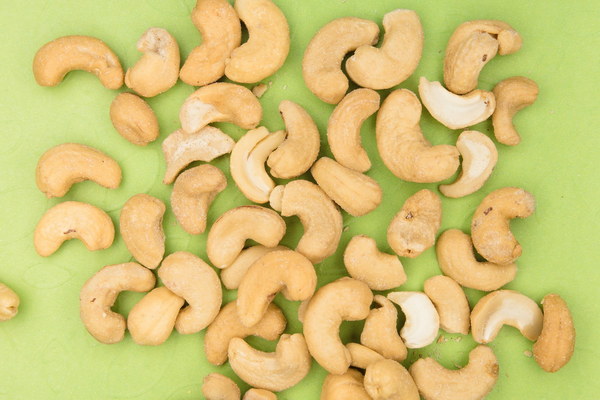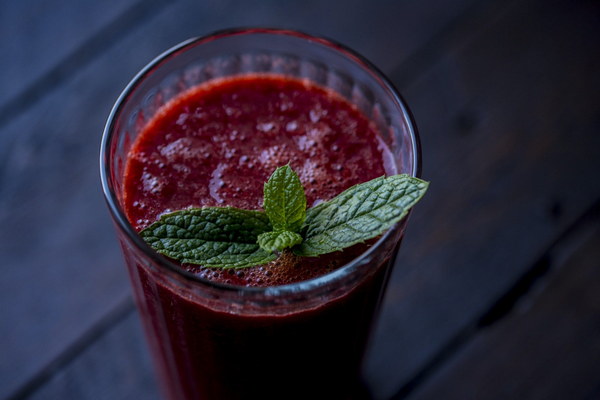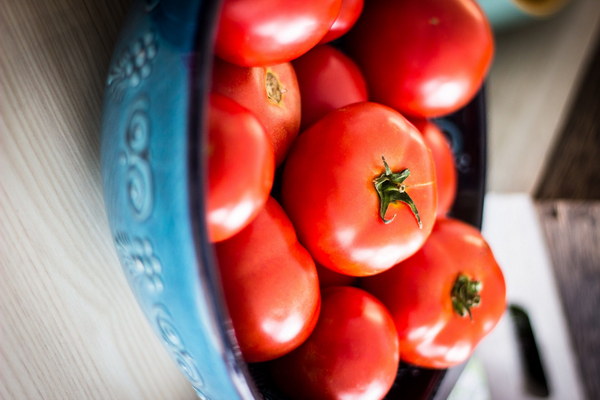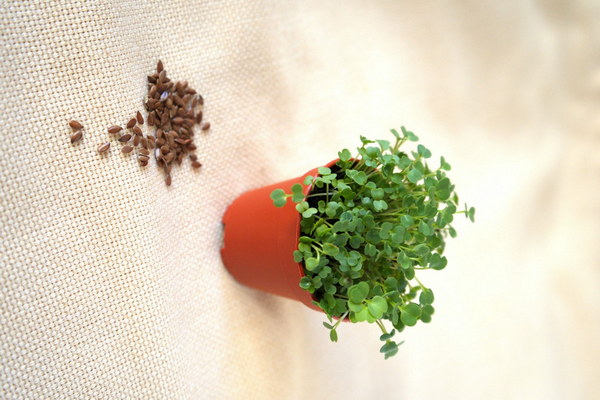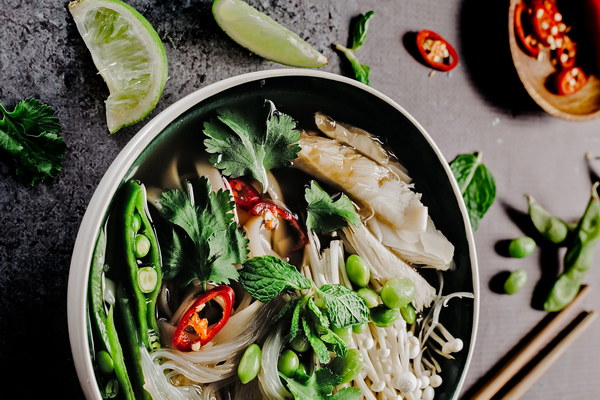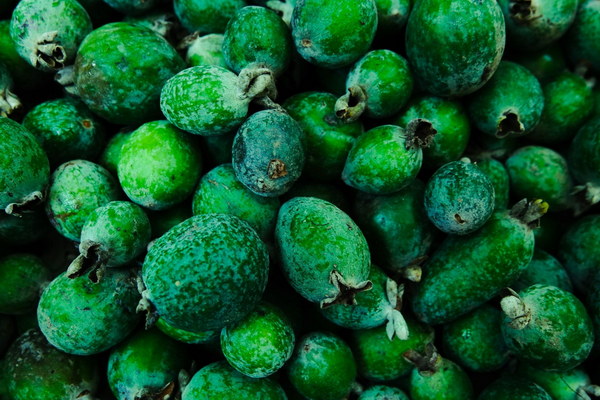Ancient Treasures for a Healthy Stomach Discover the TimeTested Remedies
In the world of traditional medicine, ancient treasures have been used for centuries to promote health and well-being. One area where these ancient remedies have made a significant impact is in the realm of gastrointestinal care. From ancient Chinese herbs to medieval European potions, there are numerous historical remedies that have been used to nourish and soothe the stomach. This article explores some of these ancient treasures and their benefits for a healthy stomach.
1. Gan Cao (Licorice Root)
Gan Cao, or licorice root, has been used in traditional Chinese medicine for over 3,000 years. This sweet and aromatic root is believed to help balance the body's Yin and Yang energies, which in turn promotes overall health, including gastrointestinal well-being. Gan Cao is known for its ability to relieve stomach pain, bloating, and indigestion, and is often used in combination with other herbs to treat a variety of stomach-related issues.
2. Chamomile Tea
Chamomile tea, a popular herbal tea in Europe, has been used for centuries to soothe an upset stomach. The anti-inflammatory properties of chamomile are thought to help reduce stomach pain, bloating, and gas. Drinking a warm cup of chamomile tea before bed can also promote relaxation and improve sleep quality, which can be beneficial for those suffering from stress-related stomach issues.
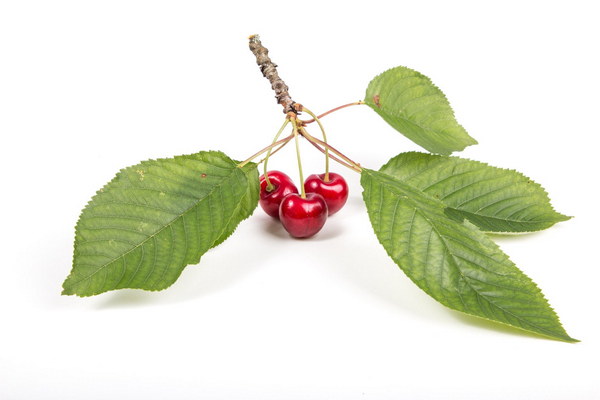
3. Peppermint
Peppermint has been used for centuries to treat digestive issues, including bloating, gas, and indigestion. The menthol in peppermint is believed to relax the muscles of the digestive tract, allowing for smoother digestion. Peppermint tea or peppermint oil can be used to alleviate stomach discomfort and can also be found in over-the-counter digestive aids.
4. Fennel Seeds
Fennel seeds are a popular digestive aid in many cultures. They are believed to aid in the production of bile, which helps with the digestion of fats. Fennel seeds can be chewed after meals to relieve gas and bloating or can be steeped in hot water to make a soothing tea. Additionally, fennel seeds are known for their ability to freshen breath, making them a popular choice for after-dinner mints.
5. Ginger
Ginger has been used for thousands of years in both Chinese and Ayurvedic medicine to treat various stomach issues. It is believed to stimulate the production of digestive enzymes and improve the flow of bile, which aids in digestion. Ginger can be consumed as a tea, added to food, or taken in supplement form to relieve nausea, indigestion, and bloating.
6. Bitter Melon
Bitter melon, also known as bitter gourd, is a traditional remedy in Chinese and Ayurvedic medicine for treating stomach problems. It is believed to have anti-inflammatory and antioxidant properties that can help reduce inflammation and protect the digestive tract. Bitter melon can be consumed raw, cooked, or in the form of a tea.
7. Aloe Vera
Aloe vera has been used for centuries to soothe and heal the digestive system. The gel from the aloe vera plant is known for its cooling and soothing properties, which can help reduce inflammation and irritation in the stomach. Aloe vera juice or gel can be taken internally or applied topically to soothe stomach ulcers and promote healing.
In conclusion, ancient treasures have provided us with valuable knowledge about how to maintain a healthy stomach. While modern medicine has advanced significantly, many of these time-tested remedies continue to be used today for their effectiveness in treating various gastrointestinal issues. Incorporating these ancient remedies into your daily routine may help you achieve a healthier, more comfortable stomach.
